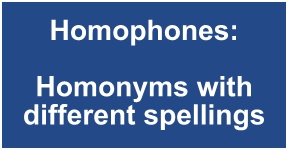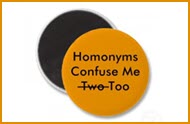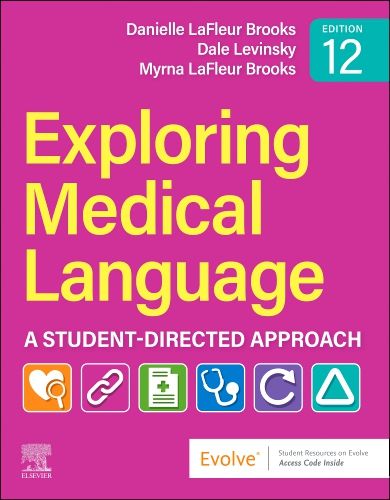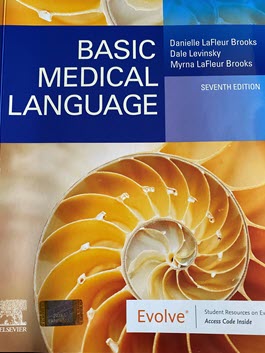
When I was in college, I wrote a letter to my physician father that we were studying blood, including urethrocytes, in physiology class.
Understanding that I meant erythrocytes, he was amused, and I was confused, but it caused no harm.
Later in my medical training, my earlier misuse of urethrocytes was put into perspective when I learned about medical homonyms – terms that sound the same but have different meanings. I also became aware of the importance of using them correctly to avoid harmful errors.
There are two major types of homonyms: Homographs and Homophones
Homographs
Homographs are words that are spelled the same but have different meanings.
English Language Homographs
 lead – a metal
lead – a metal
lead – to guide or go ahead of
Medical Language Homographs
cervical –pertaining to the neck, as in cervical vertebra
cervical – pertaining to the lowest segment of the uterus, the uterine cervix
Homophones
 Homophones are words that are spelled differently but sound the same and have different meanings.
Homophones are words that are spelled differently but sound the same and have different meanings.
English Language Homographs
there – in or to that place
their – belonging to or associated with people
Medical Language Homophones
ileum – the last section of the small intestine, between the jejunum and the colon
ilium – part of the pelvic bone
mucus – a secretion
mucous – an adjective that means resembling mucus
vesical – pertaining to the bladder
vesicle – a small blister
Vigilance by all healthcare personnel is a must when using medical homonyms. Misuse may result in harm to the patient and extra healthcare costs.
Additional Information
You might be wondering how homonyms differ from eponyms and acronyms. To refresh your memory, take a look at these blog posts on eponyms and acronyms.
Additionally, you can click here for medical terms that have the same meaning but are used differently.
Read Other Medical Terms Posts >
Myrna LaFleur Brooks is the coauthor of Exploring Medical Language and Basic Medical Language.
Blog Post Edited by Myrna Lafleur Brooks






